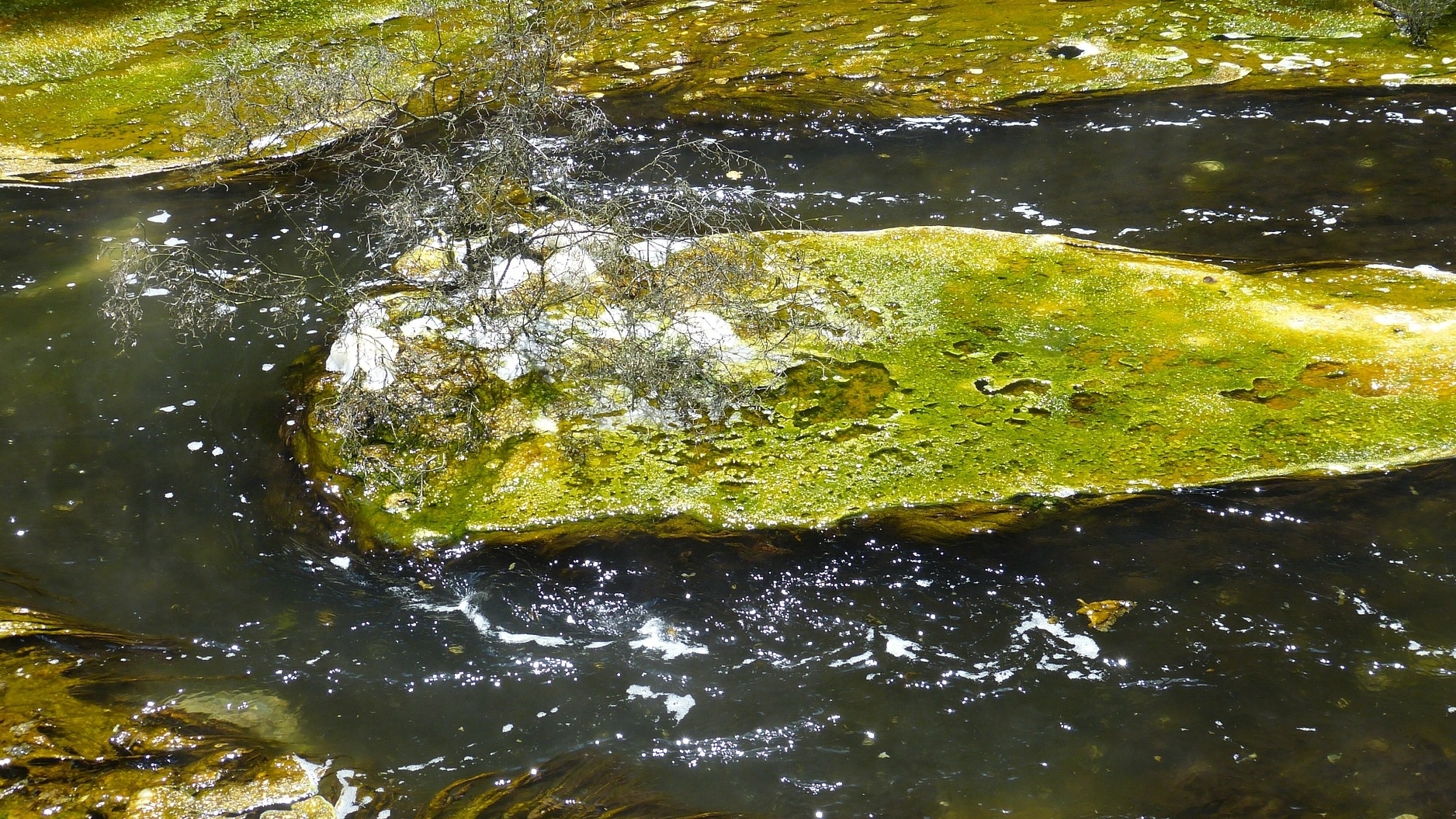The global demand for lithium is increasing, especially for lithium-ion batteries. In order to meet the increasing demand, the production of lithium from deep geothermal plants has been discussed and investigated in pilot projects for several years, including in the Upper Rhine Graben.
The German Federal Ministry for Economic Affairs and Energy is now funding the joint project UnLimited ("Investigations into lithium production from hot deep waters in Germany"), in which EnBW Energie Baden-Württemberg AG, as the cooperation leader, will set up a pilot plant at the geothermal power plant in Bruchsal together with the Karlsruhe Institute of Technology (KIT) and the partners BESTEC, HYDROSION and the University of Göttingen. The aim of the project is to develop the necessary technical and economic basis for lithium production from hot deep water in Germany. The water drilled in Bruchsal is relatively rich in lithium with around 150 mg of lithium per liter of water.
Although it will not supply the amount required nationwide, this domestic production would open up alternatives for supply chains and reduce environmental impact. In addition, the geothermal water will be used more efficiently. With the water throughput, an estimated 800 tons of lithium chloride have been extracted and returned unused per year of operation, which would be sufficient for the production of around 20,000 batteries. As part of a project, EnBW and KIT have developed a process that allows the lithium dissolved in deep water to be sustainably extracted on a laboratory scale using an ion sieve. At the end of the joint project, lithium is to be extracted from geothermal water on a pilot scale while the plant is in operation.





